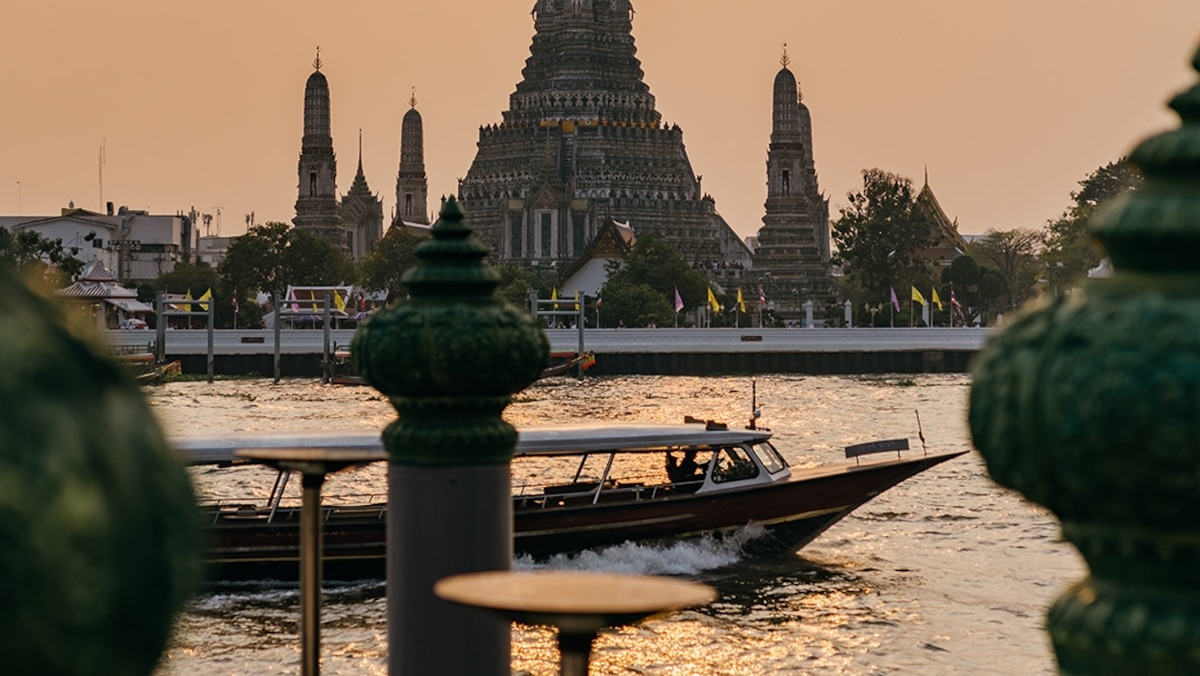Now Reading: Discover Bangkok’s Serene Side Hidden in Plain Sight
-
01
Discover Bangkok’s Serene Side Hidden in Plain Sight
Discover Bangkok’s Serene Side Hidden in Plain Sight

Speedy Summary
- Captain Tai, a former yacht skipper, operates a solar-powered boat in Bangkok, offering serene and sustainable tours away from the city’s bustling canals.
- His silent boat cruises through quieter backwaters to places like Wat Ratchaorasaram temple and the Kudi Chin neighbourhood.
- Wat Ratchaorasaram features Thai-Chinese architecture with porcelain decorations and houses a large reclining Buddha statue.
- the Kudi Chin area reflects Portuguese influences with narrow alleys, community-run shops, and historic sites such as Santa Cruz Church (built in 1770).
- The journey culminates at Poomjai Garden in the Thonburi neighbourhood – a lush green space managed by Andy Tiensup’s family over four generations.
– Poomjai Garden spans several acres filled with diverse tree species and plants, anchored by a bamboo cafe featuring dishes like spicy pomelo salad made with locally sourced ingredients.
– The orchard also highlights challenges of urbanization as pollution has halted lychee production that once thrived there.
- Andy Tiensup aims to preserve green spaces amid Bangkok’s modernization for future generations.
!bangkokMBK2244MPTHRHR.jpg”>Roasted coconut plate inspired by Andy’s ancestor’s recipes
!bangkokMBK0040MPTHRHR.jpg”>Sightseeing boat along Bangkok’s canals
Indian Opinion Analysis
This article sheds light on sustainable tourism practices exemplified by Captain Tai’s solar-powered boat tours of serene corners of bustling Bangkok – an approach India’s tourism sector could emulate given its rich water-centric heritage spanning lakes, rivers, and backwaters like Kerala’s iconic houseboats or Varanasi ghats.
The preservation efforts behind spaces such as Poomjai Garden underline the value of ecological mindfulness when balancing modernization pressures. It resonates with challenges India faces regarding urban greenery loss due to rapid development: initiatives combining public engagement (like Natura Cafe), eco-tourism models fostering sustainability awareness among youth or communities offer lessons applicable closer home.
As both nations grapple with climate change impacts altering conventional agriculture-such as lychee loss here versus diminishing Indian crops across high-pollution cities-these examples reinforce urgency around retaining cultural landscapes essential to identity yet increasingly rare globally.
























